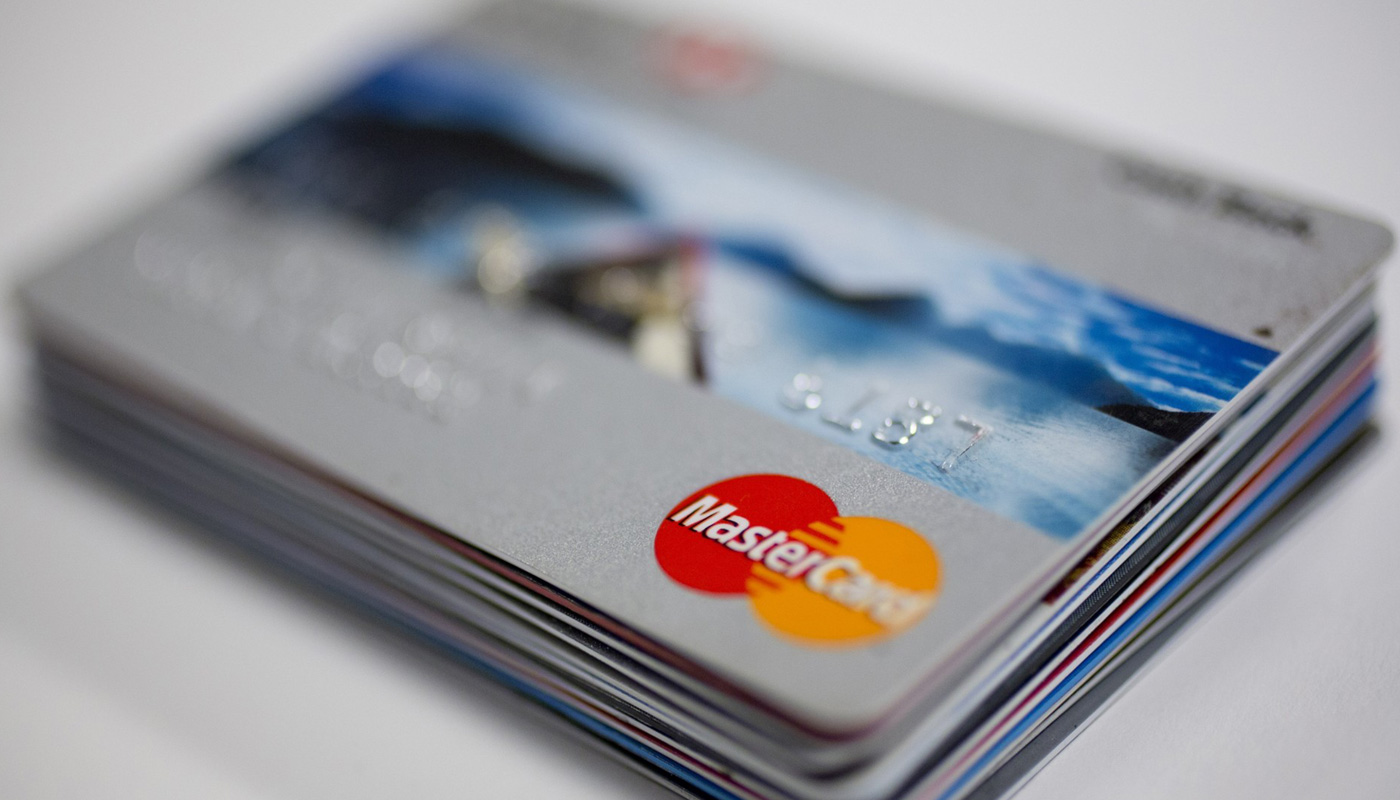Burritos and the Future of Automation
by Jeremy Ryan, Wells Fargo Asset Management
Stocks posted moderate gains, boosted by a rally in oil prices, while a jobs report showed employers posted a record number of job openings despite recording a slower hiring pace.
The Dow rose 66 points to reclaim the 18,000 level, led by a 2.53% gain in shares of UnitedHealth Group Inc. (UNH) after the health insurer raised its dividend 25%. 22 of the Dow’s 30 components advanced. The S&P 500 Index gained 6, and the Nasdaq ended 12 points higher. Advancers led decliners by two to one on the NYSE and the Nasdaq. The prices of Treasuries strengthened. Gold futures gained $15.30 to close at $1,262.30 an ounce, and the price of crude oil jumped 87 cents in heavy trading to settle at $51.23 a barrel.
In other business news:
- U.S. employers had 5.79 million job openings in April, according to the Labor Department’s Job Openings and Labor Turnover Survey, reaching the record high set last July. The most jobs were in health care related fields, while mining and logging jobs suffered from the decline of energy prices. Despite the record number of open positions, companies grew less likely to hire than the prior month, as the hires rate dropped from 3.7% to 3.5%. Analysts said the decrease in hiring could indicate uncertainty about the economic climate or difficulty in finding qualified candidates.
- A second estimate of Japan’s first-quarter gross domestic product showed the country’s economy grew slightly faster than originally thought. Revised figures put economic growth at 1.9% in the first quarter, slightly ahead of the earlier 1.7% estimate.
- Crude-oil futures shrugged off a report showing the first U.S. oil production increase in 13 weeks last week and rising inventories of gasoline and distillates. Prices made solid gains for a second-straight session, helped in part by rising year-over-year oil imports in China and a decline in U.S. supplies of crude oil.
- The World Bank sharply reduced its estimate of 2016 global growth from its January figure of 2.9% to 2.4%, saying “a wide range of risks threaten to derail its recovery.” The institution reaffirmed its Chinese growth estimate of 6.7% but downgraded its estimates of U.S. and Japanese economic growth.
*****
Today in robots and automation:
- There was probably no more visible sign of the in-progress robotic revolution than a recent announcement from Foxconn Technology Group. The Taiwanese high-tech manufacturer of gadgets like the iPhone said it would replace 60,000 humans with robots
 in one of its Chinese factories. That’s a huge leap forward in sheer numbers. For comparison, a robotics industry group estimates there are only 260,000 factory robots in all of the U.S. Along with other high-tech firms operating in China, Foxconn is spending big on artificial intelligence to ultimately replace as much of its factory workforce as it can. Given the nature of products like the iPhone, we’re looking at a future where artificial intelligences construct other artificial intelligences and then hand them to unsuspecting humans. “What could go wrong?” asks someone who’s never seen “The Terminator.”
in one of its Chinese factories. That’s a huge leap forward in sheer numbers. For comparison, a robotics industry group estimates there are only 260,000 factory robots in all of the U.S. Along with other high-tech firms operating in China, Foxconn is spending big on artificial intelligence to ultimately replace as much of its factory workforce as it can. Given the nature of products like the iPhone, we’re looking at a future where artificial intelligences construct other artificial intelligences and then hand them to unsuspecting humans. “What could go wrong?” asks someone who’s never seen “The Terminator.”
- The U.S. has less of a manufacturing base to be outsourced to automation, so instead there’s an automated revolution in an industry previously thought to be immune: the food services industry. Bloomberg reports
 that the Millennial-fueled impatience with dealing with fellow humans has spawned a resurgence of the 1950s-era Automat technology, except this time in vending machine form. These new vending machines don’t dispense candy bars or other prepackaged goods like chips, where it’s always fun to play “Guess the expiration date?” Instead, they dispense burritos, pizza, or even sushi (not all in the same vending machine—yet). Some of these machines dispense food that’s premade elsewhere and reheated in the box that’s restocked daily. Others are more like robotic assembly machines, like robots that can make perfectly formed sushi rolls.
that the Millennial-fueled impatience with dealing with fellow humans has spawned a resurgence of the 1950s-era Automat technology, except this time in vending machine form. These new vending machines don’t dispense candy bars or other prepackaged goods like chips, where it’s always fun to play “Guess the expiration date?” Instead, they dispense burritos, pizza, or even sushi (not all in the same vending machine—yet). Some of these machines dispense food that’s premade elsewhere and reheated in the box that’s restocked daily. Others are more like robotic assembly machines, like robots that can make perfectly formed sushi rolls.
The Burritobox, for example, is a vending machine that will heat and serve a burrito and dessert in 90 seconds, all without the customer having to engage in small talk with another human being. There’s also no worrying about how much of a tip to give. There is, however, the matter of worrying about eating a burrito that was sitting in a (refrigerated) box on the street.
Burritobox wants to be the “Redbox of food,” the video-rental kiosks that, along with Netflix, helped put stores like Blockbuster Video out of business. The universe, in that case, missed out on a great chance for cosmic irony because it neglected to have Blockbuster transform itself in bankruptcy into Blockbuster Burritos. “That was a close one,” Blockbuster’s executives would have said after emerging from chapter 11, only to look outside the front door and discover yet another faceless machine waiting to take it down.
Copyright © Wells Fargo Asset Management














